
Working Lands Offer Climate Solutions, No Matter Location
“LOS ANGELES — Mayor Eric Garcetti announced Thursday the appointment of Los Angeles’ first forest officer, a position that will oversee urban forests in an effort to plant 90,000 trees by 2021.
“Every tree we plant can help stem the tide of the climate crisis, and when we expand our urban forest, we can sow the seeds of a healthier, more sustainable future for communities across our city,” Garcetti said.
The mayor appointed Rachel Malarich, a certified arborist, to the post.
According to the mayor’s office, Malarich has spent more than 12 years working to increase tree canopy in urban areas throughout Southern California, devising strategic management plans to expand urban forests and promoting community engagement.”
Read the rest of the article here!
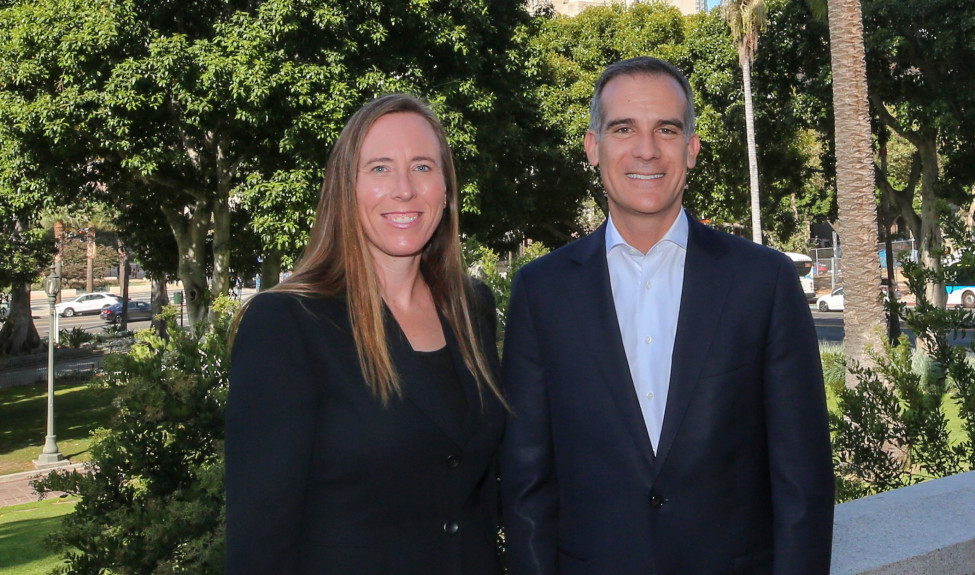

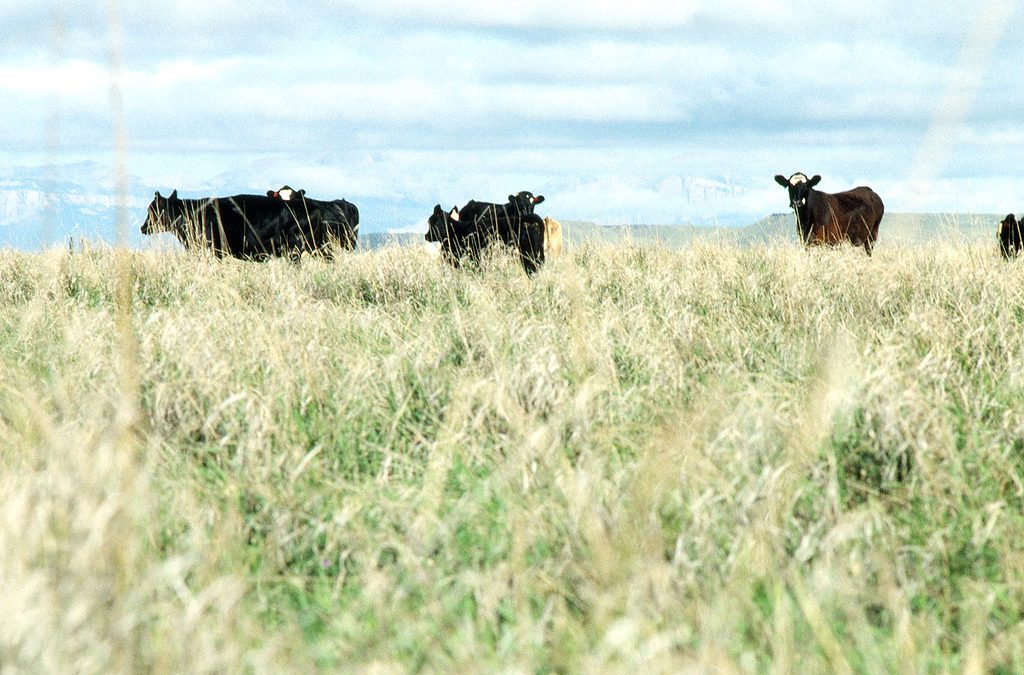
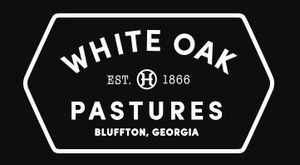

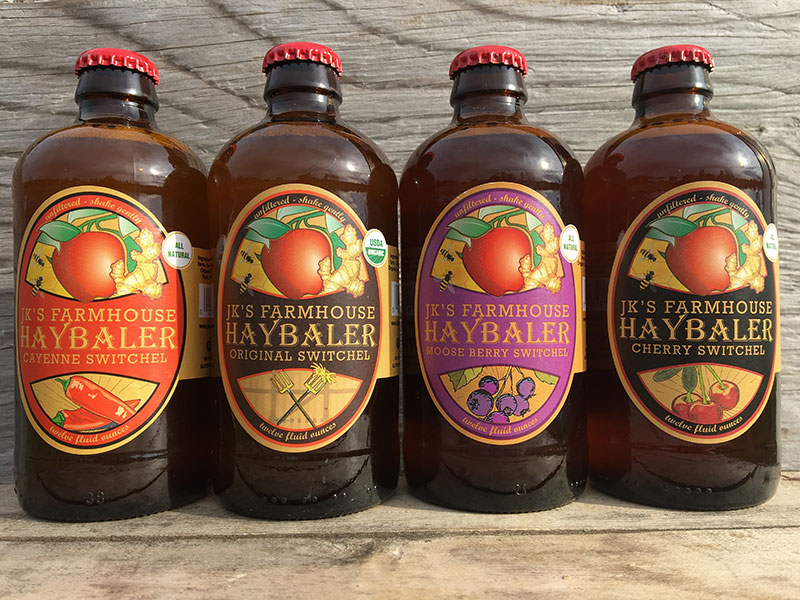
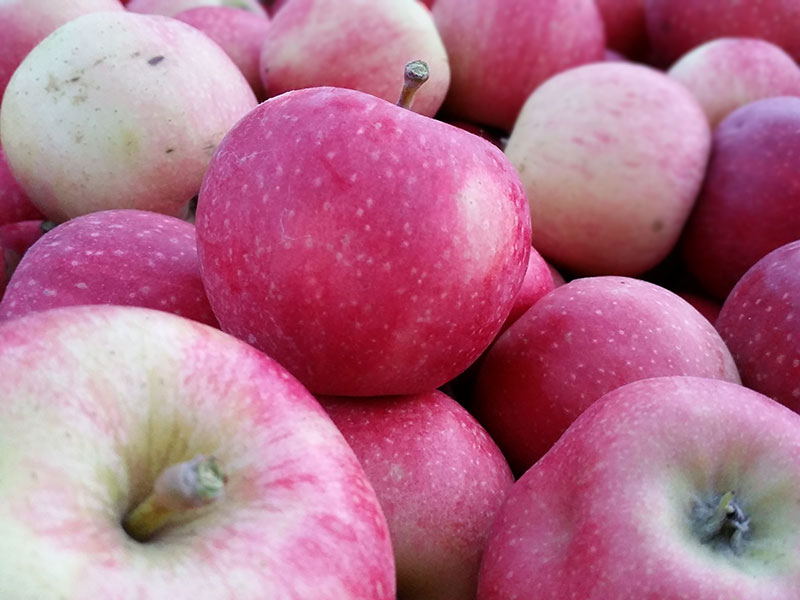
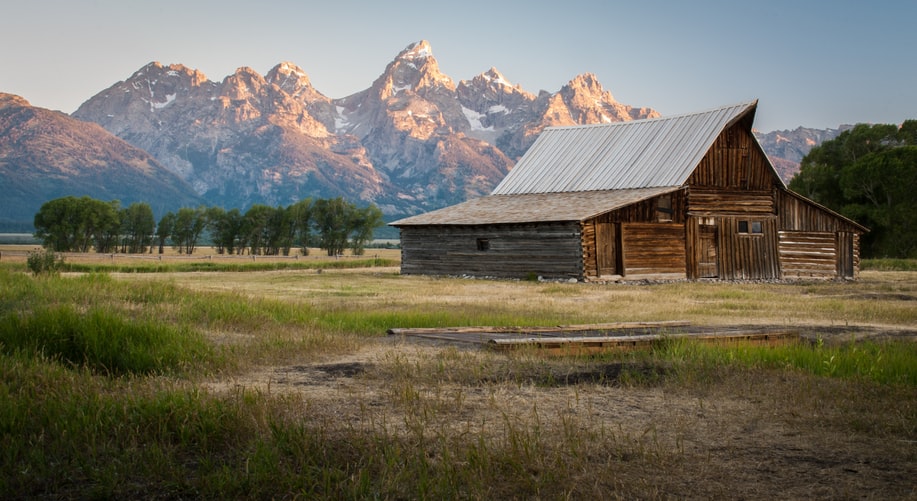

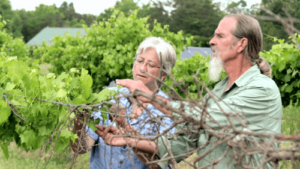
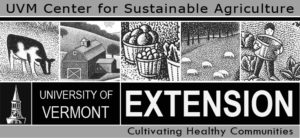 At UVM on Wednesday, I’ll focus on applications of resilience science to farm and food system education, research and development programs, where I will also meet with faculty and staff working in the
At UVM on Wednesday, I’ll focus on applications of resilience science to farm and food system education, research and development programs, where I will also meet with faculty and staff working in the 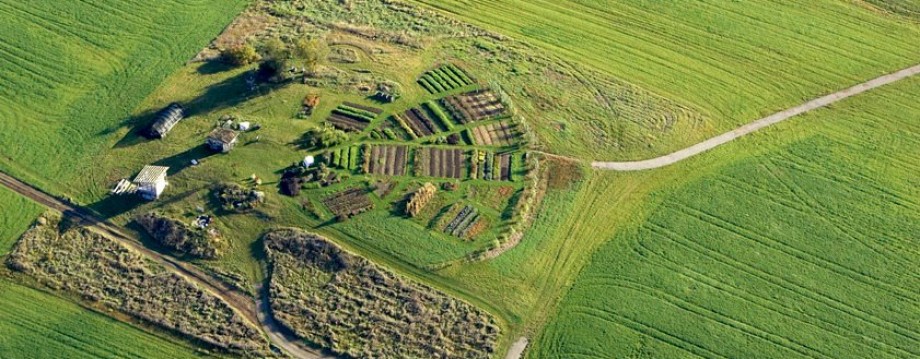
Recent Comments